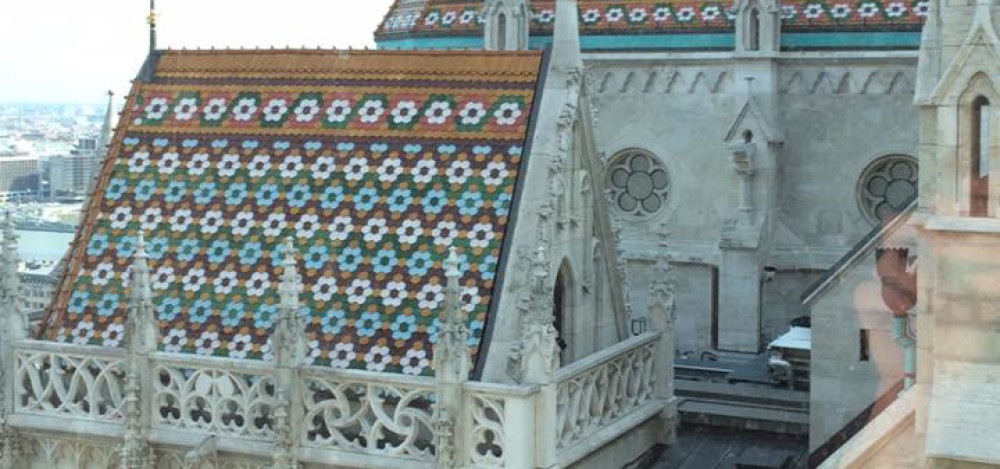The Dormition of the Mother of God, commonly called the “Assumption” by Western Christians, celebrates the falling-asleep of the Mother of God on August 15 and her translation into glory at the right hand of her Son. This deathbed scene is often depicted in Orthodox icons and medieval Western paintings with Mary dying as the apostles surround her deathbed and Jesus gathers her soul into His arms like a new-born child (similar to the way He is depicted in swaddling bands at Christmas). It has been said in at least a few sermons that, “If Christmas is God’s birthday into humanity, then Dormition is humanity’s birthday into divinity.”
One of the classic prayers for the dead in both Latin-speaking and Greek-speaking Christianity is a psalm about the harvest. Psalm 64/65 begins:
“You are to be praised, O God, in Zion:
to you shall vows be performed in Jerusalem.
To you that hear prayer shall all flesh come…
Our sins are stronger than we are,
but you will blot them out.”
The psalm goes on to describe God’s power to erect mountains and calm the roaring of the sea, to call the sun to rise and set, and then concludes:
“You prepare the grain,
for so you provide for the earth.
You drench the furrows and smooth out the ridges;
with heavy rain you soften the ground and bless its increase.
You crown the year with your goodness,
and your paths overflow with plenty.
May the fields of the wilderness be rich for grazing,
and the hills be clothed with joy.
May the meadows cover themselves with flocks,
and the valleys cloak themselves with grain;
let them shout for joy and sing.”
The psalm celebrates both death and harvest as two sides of one mystery, the resurrection of both human corpses and the seeds that are cast into the earth to die and rise again — and be harvested, thus continuing the cycle.
As part of the mid-August celebration of the Dormition (“falling asleep”) of the Mother of God, flowers and fragrant herbs are brought into the church to be blessed. This aspect of Dormition celebrates the harvest going on in the fields outside the churches and the “harvest” of each human life on their deathbed. This harvest and gathering into glory of each human life to await the End Times or Last Judgment gives the practical duties of farmyard duties a very apocalyptic or eschatological flavor. (Apocalypse and eschatology relate to “End Times” and “Last Things.”) This human harvest is celebrated again at the end of the farmyard harvest season with Halloween and the Day of the Dead in November.
The flowers and herbs blessed on August 15 are thought to disperse devils by their fragrant scent and to keep devils from trapping the soul of a dying person if they are placed around the deathbed.
